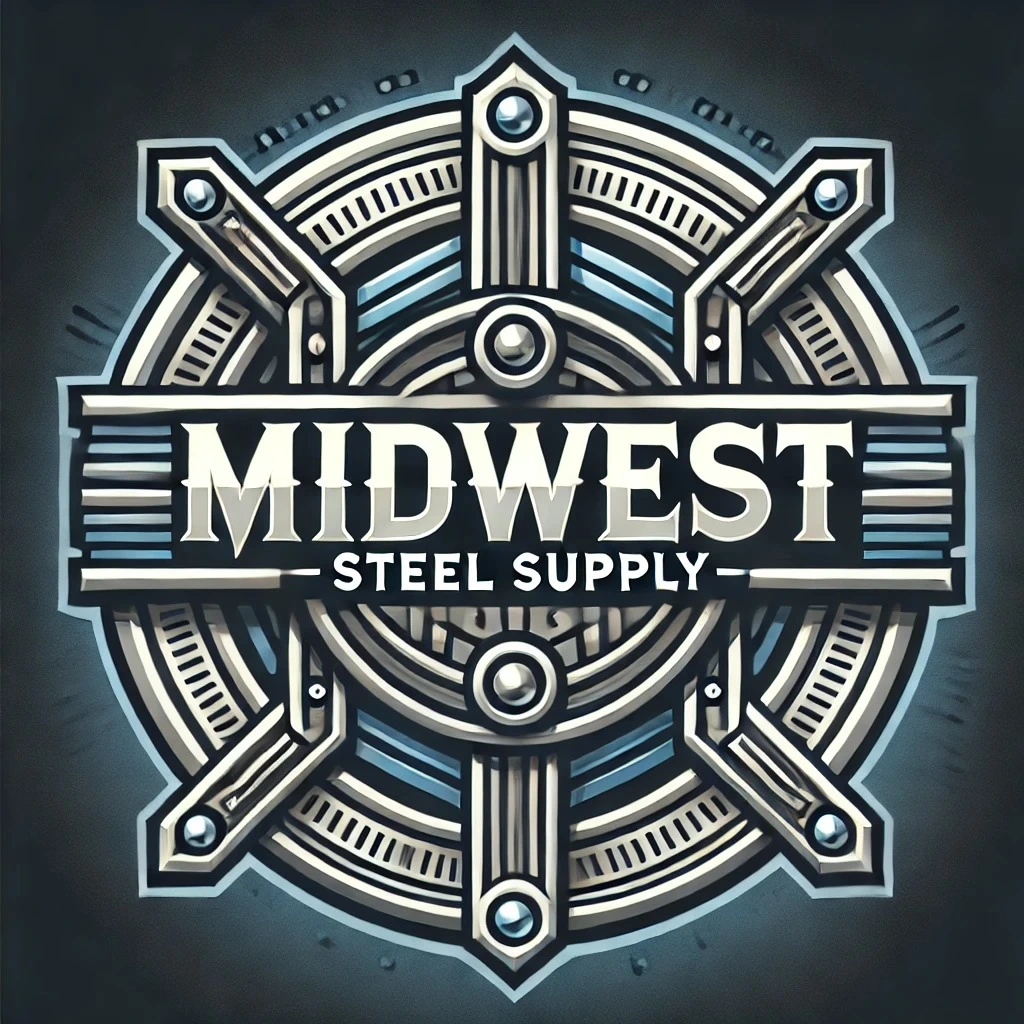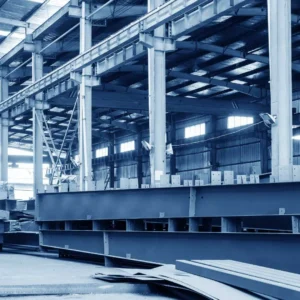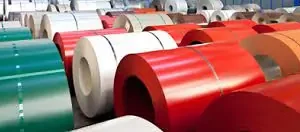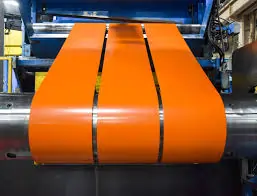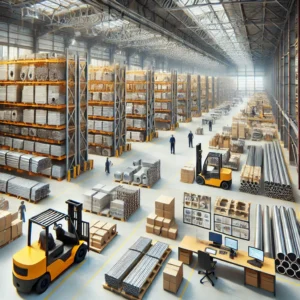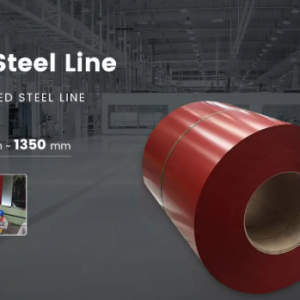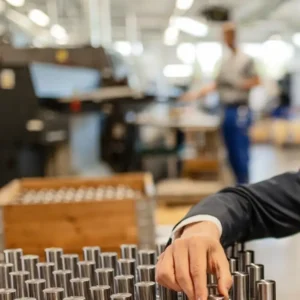Custom steel fabrication The Backbone of Modern Engineering

Custom steel fabrication plays a vital role in today’s industrial landscape, powering countless sectors from construction to manufacturing, and from infrastructure to energy. With steel being one of the most versatile and durable materials available, its custom fabrication allows engineers, architects, and manufacturers to bring highly specific visions to life—efficiently, economically, and with uncompromising strength.
What is Custom Steel Fabrication?
Custom steel fabrication refers to the process of cutting, bending, welding, and assembling steel into specific shapes and structures based on custom specifications. Rather than using pre-fabricated components or off-the-shelf materials, custom steel fabrication tailors the final product to the exact needs of a project.
Whether it’s for a skyscraper’s skeleton, an industrial machine frame, or a custom railing system, fabrication shops use advanced tools and technology—including CNC machines, laser cutters, and robotic welders—to achieve precision and performance. These custom solutions are not only more efficient but also more reliable and aesthetically aligned with the designer’s intent.
Benefits of Custom Steel Fabrication
-
Precision and Flexibility: One of the biggest advantages is the ability to meet exact specifications. Every project is unique, and custom fabrication ensures that the steel components match the required dimensions and tolerances.
-
Durability and Strength: Steel is known for its incredible strength-to-weight ratio. When fabricated correctly, custom steel parts can withstand extreme loads, weather conditions, and heavy wear—ideal for both structural and mechanical applications.
-
Cost-Effectiveness: While custom work may sound expensive, it can actually lead to cost savings in the long run. Properly designed and fitted components reduce the risk of failure, decrease maintenance needs, and speed up installation times.
-
Time-Saving: Many fabrication shops can pre-assemble large sections of a project, making on-site construction faster and safer.
-
Customization and Design Freedom: From industrial structures to artistic installations, custom steel fabrication enables unparalleled creativity and adaptability. Engineers and architects can push boundaries without worrying about limitations in materials.
Applications of Custom Steel Fabrication
Custom steel fabrication is used in a wide array of industries, including:
-
Construction: Beams, columns, frameworks, and reinforcement materials are fabricated for residential, commercial, and industrial buildings.
-
Automotive and Transportation: Frames, bumpers, and structural components are tailor-made for vehicles, ships, and aircraft.
-
Agricultural and Mining Equipment: Tough conditions require equipment made from custom-fabricated steel parts that can endure wear and impact.
-
Oil and Gas: Pipelines, storage tanks, and offshore drilling structures depend heavily on steel components made to exacting standards.
-
Manufacturing and Machinery: Custom parts for production lines, robotic systems, and processing machinery are often created through fabrication.
-
Architecture and Design: Steel can be shaped into complex forms for decorative purposes like custom staircases, signage, or furniture.
The Fabrication Process
The fabrication of steel typically includes several steps:
-
Design and Engineering: The process begins with CAD drawings and design validation. Engineers ensure the concept meets safety and load-bearing standards.
-
Material Selection: Not all steel is the same. Depending on the application, different grades of stainless steel, carbon steel, or alloyed steel may be selected.
-
Cutting and Shaping: Using plasma, laser, or waterjet cutters, raw steel is shaped to the specified design.
-
Bending and Forming: Press brakes and rollers help shape steel into arcs, angles, and complex curves.
-
Welding and Assembly: Components are welded together using MIG, TIG, or stick welding techniques, depending on the type of steel and the strength required.
-
Finishing and Quality Control: Sandblasting, painting, powder coating, and galvanization are used to protect the steel and give it the desired appearance.
-
Delivery and Installation: Fabricated parts are delivered to the site, sometimes pre-assembled for easy integration into the project.
Choosing the Right Fabricator
When selecting a custom steel fabrication partner, it’s crucial to consider the following:
-
Experience and Reputation: Look for fabricators with a strong track record in your specific industry.
-
Certifications and Standards: Reputable companies will follow industry standards like ISO certifications and AISC membership.
-
Equipment and Technology: Modern, automated machinery ensures better accuracy and faster turnaround times.
-
Project Management: Good fabricators offer not just manufacturing but project support—from planning through to delivery.
-
Customization Capabilities: Make sure the fabricator can handle the scope and complexity of your custom needs.
Future of Custom Steel Fabrication
The future of this industry is being shaped by digital transformation. Technologies like Building Information Modeling (BIM), AI-assisted design, and 3D printing are enhancing the precision, speed, and sustainability of fabrication processes. Smart factories using IoT (Internet of Things) are streamlining operations, while green fabrication practices aim to reduce waste and carbon footprints.
Conclusion
Custom steel fabrication stands at the heart of innovation in engineering and design. Whether it’s building the next skyline or designing machinery for cutting-edge manufacturing, fabricated steel is a trusted partner in bringing ambitious projects to life. For businesses and builders alike, finding a reliable custom steel fabricator means investing in durability, precision, and success.
If you’re searching for a “steel supplier near me” who also offers top-notch fabrication services, consider working with reputable providers who understand your needs and deliver tailor-made steel solutions that stand the test of time.
